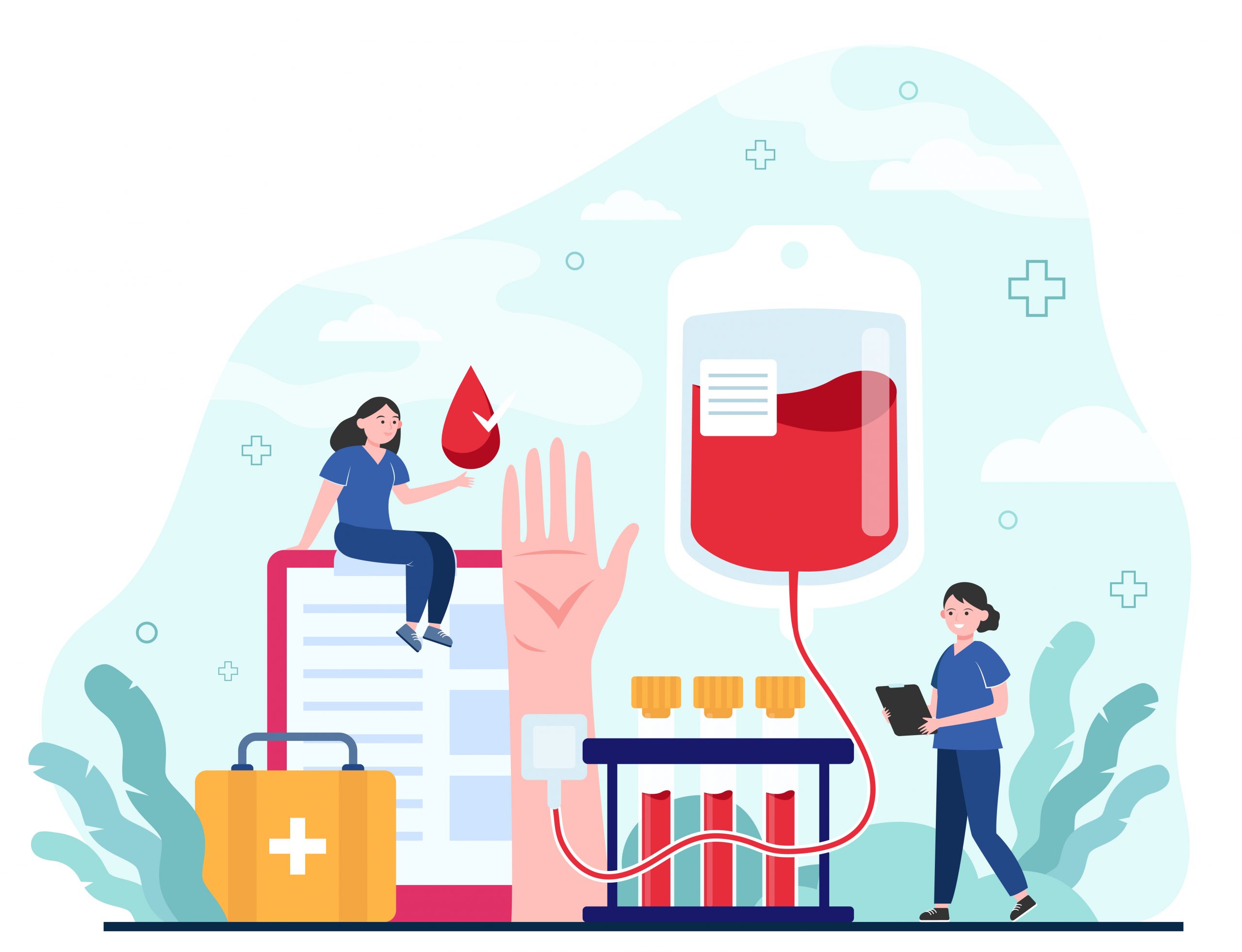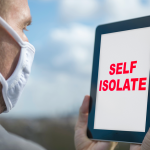

Related Posts

غیر صحت مند عادات سے چھٹکارہ پائیں

خون عطیہ کرتے وقت ذہن میں رکھنے والی باتیں

GO TEAL, GET SCREENED FOR CERVICAL CANCER

خون عطیہ کرتے وقت ذہن میں رکھنے والی باتیں
Medically reviewed by Dr. Unsa Mohsin. کیا آپ جانتے ہیں کہ عطیہ کردہ خون کی ایک بوتل تین جانیں بچا سکتی ہے؟ یہ اس وجہ سے ہے کہ آپ کا

GO TEAL, GET SCREENED FOR CERVICAL CANCER
Medically reviewed by Dr. Muhammad Ashraf Shera. What is Cervical Cancer? Cervical Cancer occurs in the lower part of the uterus (cells of the cervix) that connects to the vagina.

No Handwashing leads to Spread of Diseases
Medically reviewed by Dr. Riaz Ali Shah. COVID-19 outbreak demands us to wash our hands every now and then. There is absolutely no running away from the fact that COVID

وبائی صورت میں ہاتھ دھونے کی اہمیت
Medically reviewed by Dr. Riaz Ali Shah. صفائی نصف ایمان ہے اور انسانی صحت کے لیے بہت ضروری بھی ہے۔یہی وجہ ہے کہ دنیا بھر میں ہر تعلیم یافتہ قوم

Living with HIV/AIDS
Medically reviewed by Dr. Muhammad Ashraf Shera. The human body is a marvellous machine. It’s made up of various systems that help make it efficient and proactive, one of which

Don’t Let Epilepsy Get In The Way Of Life!
Medically reviewed by Dr. Riaz Ali Shah. Epilepsy is a brain condition that causes frequent seizures. These bursts of brain activity disrupt how the brain works. Although there are different

Why is it important to finish your Antibiotic course?
Medically reviewed by Dr. Unsa Mohsin. “Should I still finish my antibiotic course?” is every patient’s query after feeling better. Sometimes they don’t even ask before finishing. Is it okay

Slim, Young And Hiding High Cholesterol?
Medically reviewed by Dr. Unsa Mohsin. What most people fail to realise is that you could be apparently healthy-looking but still have high levels of cholesterol. A disease that was

Why is planning your pregnancy important?
Medically reviewed by Dr. Unsa Mohsin. More than half of all pregnancies in Pakistan are unplanned. This means that lots of women may get pregnant without really being ready for it.

Guide: Self-Isolating at home with COVID-19
Medically reviewed by Dr. Muhammad Ashraf Shera. What is the difference between quarantine and isolation? I just tested positive for COVID-19. What do I do? Follow your healthcare provider’s guidance.

خون عطیہ کرتے وقت ذہن میں رکھنے والی باتیں

GO TEAL, GET SCREENED FOR CERVICAL CANCER

No Handwashing leads to Spread of Diseases

وبائی صورت میں ہاتھ دھونے کی اہمیت

Living with HIV/AIDS

Don’t Let Epilepsy Get In The Way Of Life!

Why is it important to finish your Antibiotic course?

Slim, Young And Hiding High Cholesterol?

Why is planning your pregnancy important?
